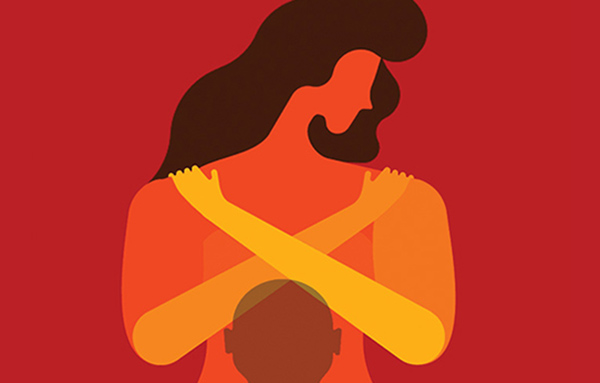Home »

Gender-based violence persists in our communities
Women, girls, Two-Spirit, transgender, non-binary and gender-diverse people have the right to live free from violence, as do all people. Yet gender-based violence persists in our communities. Working to eliminate this violence is a public-health priority.
People who experience or witness gender-based violence often suffer immediate and long-term harms to their mental, emotional, physical and spiritual health and wellness.
Today, on the International Day for the Elimination of Violence Against Women, my public health colleagues and I are releasing a report on gender-based violence during the COVID-19 pandemic as part of our ongoing work examining the societal consequences of the pandemic.
Through this report, we seek to better understand the impacts of the pandemic on gender-based violence so we can continue to develop measures to prevent, reduce and eventually eliminate such violence.
Sadly, yet predicably, the COVID-19 pandemic and measures to limit the spread of the virus increased the risk, and likely also the prevalence and severity, of gender-based violence in B.C., while reducing access to support services.
There are myriad overlapping reasons for this devastating increase in violence, which has become known as the ‘shadow pandemic’. For instance, some people were in closer and more sustained contact with their abusers, while others who lost their jobs may have faced more challenges leaving violent situations. In addition, service providers had to adjust their approaches, making some services difficult to access.
We also know that gender-based violence affects B.C.’s diverse population in different ways, resulting in additional risks, related harms and further marginalization for some groups. For instance, structural racism and the lasting negative impacts of colonization put Indigenous women, girls and Two-Spirit people at higher risk of experiencing violence.
In the future, we could see the circumstances that led to an increase in gender-based violence during the pandemic again as we face more societal disruption due to natural disasters and climate change. In addition to gender-based violence prevention initiatives, we need resilient, well-resourced services for those affected by such violence, whether survivors or witnesses.
Our report has six main considerations for further actions that will help us monitor and respond to gender-based violence in the province. They include whole-of-government actions to better measure, understand and raise awareness about gender-based violence and its impact on survivors and children.
We know there is more to do, and I commend the government’s ongoing actions to end gender-based violence. Some examples include delivering new, stable funding to support sexual assault response services; counselling, outreach and crisis support; victim service programs throughout B.C.; and critical investments in housing for people fleeing violence.
 It’s our responsibility as British Columbians to speak up when we witness gender-based violence. If you or someone you know is in danger, please call 911. VictimLinkBC also provides support for people who are experiencing violence. People can call or text this toll-free 24/7 number at: 1 800 563-0808, or email: [email protected].
It’s our responsibility as British Columbians to speak up when we witness gender-based violence. If you or someone you know is in danger, please call 911. VictimLinkBC also provides support for people who are experiencing violence. People can call or text this toll-free 24/7 number at: 1 800 563-0808, or email: [email protected].
United Nations image
– Dr. Bonnie Henry is B.C.’s provincial health officer.








